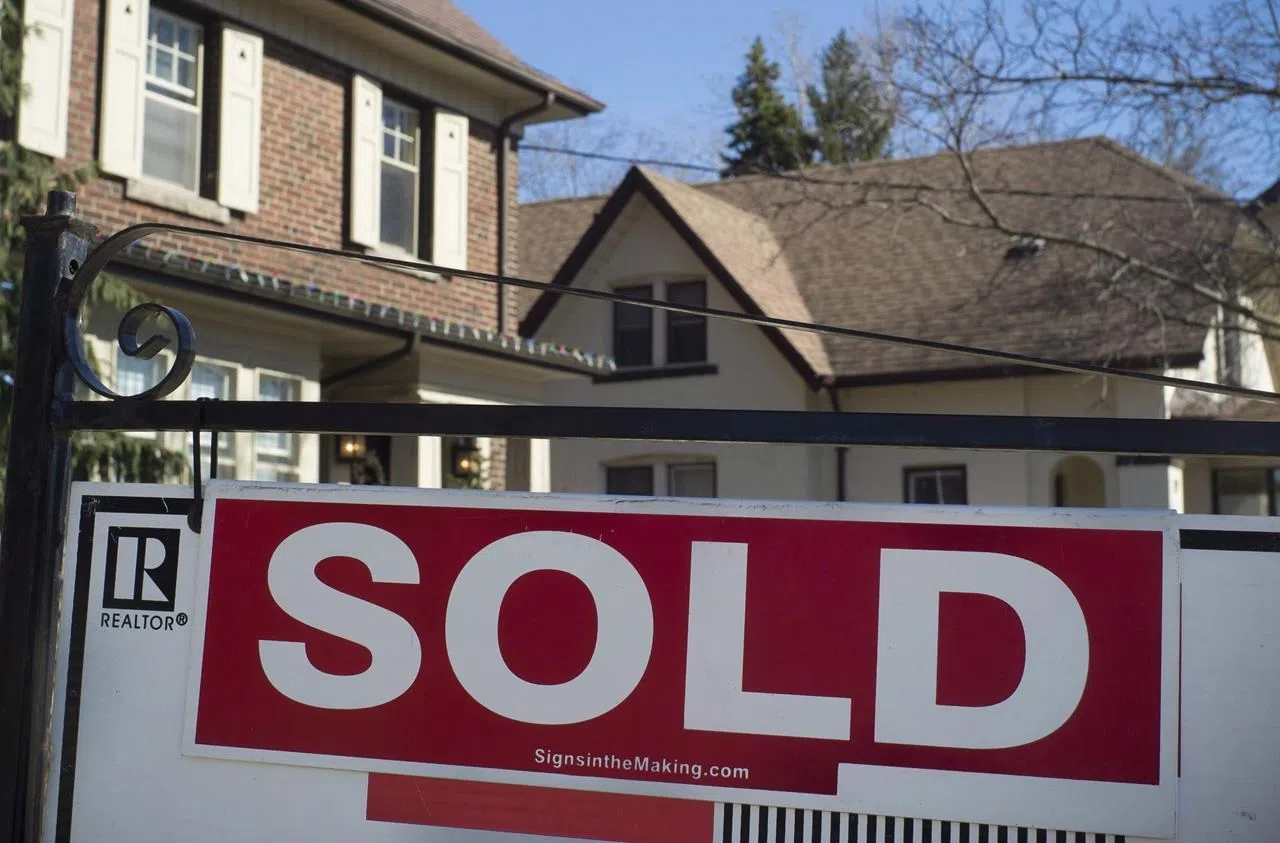
New data show foreign owners make up small amount of home, condo owners
OTTAWA — The country is getting a clearer picture of the level of foreign cash in some of the hottest housing markets, adding more statistical fuel to the debate about how much influence foreign buyers have in driving prices to unimaginable heights and what should be done about it.
The new housing statistics by Canada Mortgage and Housing Corp. and Statistics Canada shows that foreign buyers owned 3.4 per cent of all residential properties in Toronto and 4.8 per cent of residential properties in Vancouver.
For condos, CMHC says foreign buyers owned less than one per cent of the condo stock in 17 metropolitan areas across the country.
The data also show foreign-owned homes are more expensive than those owned by Canadian residents.


